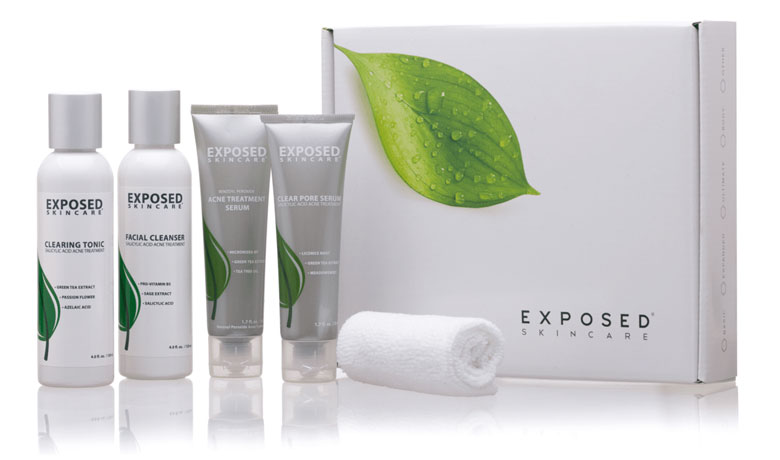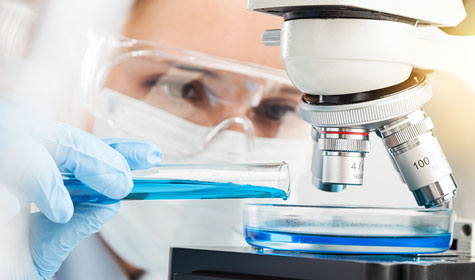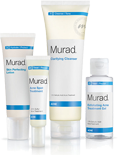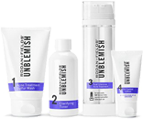Nearly all acne can be improved through over-the-counter methods, but how do you know when it’s time to see a dermatologist? Sometimes acne becomes so severe that all the best options for treatment all require a doctor’s recommendation, and other times acne just doesn’t seem to go away, no matter what you try. In both of these cases, it’s better to see a dermatologist who really knows what’s going on with your skin rather than experimenting with even more over-the-counter options that just aren’t working.

It may be time to see a dermatologist if your acne has gotten severe or refuses to go away.
The Reality of Severe Acne
Although most acne is treatable at home, this isn’t the case for everyone. Some people have particularly severe acne that requires medical intervention to truly subside. But how do you know if your acne is “severe”? There are a few signs.
First, severe acne is often cystic. Cystic acne is a particular kind of acne that is comprised of cysts and nodules, which form when the minor infection typical of a pimple spreads into several pores instead of just one and the body’s immune system struggles to fight it off appropriately. Instead, the infection lingers, and cysts and nodules can take several weeks to heal.
Second, severe acne is typically more stubborn than less severe acne. You may be using all the right over-the-counter products, but your acne simply won’t go away. Severe acne may stick around longer than more mild acne, taking its sweet time in healing, often leaving behind dark marks when the acne itself finally disappears.
Finally, acne is severe if it’s causing you serious mental or emotional strain. This is not uncommon, and you shouldn’t feel ashamed if your acne causes you feelings of depression, anxiety, or embarrassment. Acne is a completely normal condition—in fact, 80% of people aged 11 to 30 experience it at some point—but our society talks about it like it’s the worst thing in the world, and those messages can worm their way into your brain and make you feel ashamed of your skin. If your acne is having a negative impact on your mental health, then it may be time for a trip to the dermatologist.
Acne Medications
Once you decide to go to the dermatologist, it’s important to have realistic expectations of what they can do for you and your acne. They won’t give you a magic pill that cures your acne instantly, but they will usually offer an acne medication that may be more effective than what you’ve tried so far.
There are several common medications out there. Common among them are oral medication, combination treatment gels, and hormonal treatments. All of these come with serious potential side-effects, however, which is why we recommend treating acne with over-the-counter products when possible.
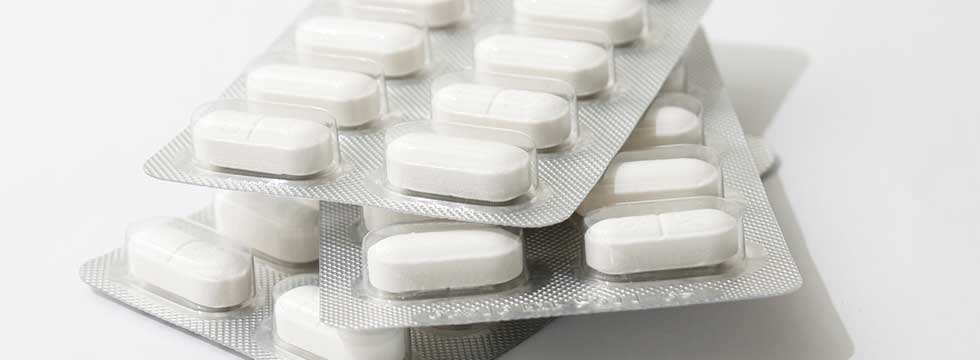
Oral medication can be the most harsh and only should be considered after other options have been tried and with the careful review of a Dermatologist.
The Benefits of Seeing a Dermatologist for Acne
There are a lot of benefits to seeing a dermatologist for acne. First and foremost, you can get an expert medical opinion, which is usually more accurate and effective than trying to figure it out on your own. You might know whether your skin is oily or dry, but can you tell if it’s loose or tight? A dermatologist can, and that can make a huge difference when it comes to treating acne and other skin conditions.
Another benefit of seeing a dermatologist is all of the time you’ll save. Instead of testing every over-the-counter acne treatment in existence, you’ll go to the doctor and hopefully only have to try one or two treatments before finding the one that actually helps clear your skin.
Finally, seeing a dermatologist can really help alleviate the psychological symptoms of acne. When acne is severe or particularly stubborn, it’s easy to start to feel anxious or depressed about your appearance. But going to the doctor and knowing you’re on the road to clear skin can give you that light at the end of the tunnel that you’ve been missing.
The Drawbacks of Seeing a Dermatologist for Acne

Although seeing a dermatologist can do a lot of good, it often comes at a steep price.
Although there are many benefits to seeing a dermatologist for acne, there’s also one pretty major drawback: cost. Dermatologists are medical doctors, which means they can charge pretty steep rates, but many insurance companies don’t cover visits for acne, or don’t cover them enough to make them affordable to most people. Before making an appointment with a dermatologist, it may be helpful to call your insurance agency to see what the visit will cost you. But it isn’t just the visits that are pricey. Acne medication itself is often rather expensive. To save a little money, we recommend asking your dermatologist for generic medications, so long as you aren’t allergic to any of the ingredients. They typically work just as well, but are much less expensive.
FAQ
1. Do I have to see a dermatologist, or can I just see my regular doctor for acne treatment?
This is really up to you. If you’ve done your research and you’re confident about what medication is best for your acne, then a trip to your general practitioner would probably be just as good as a dermatologist visit, and much less expensive. However, if you’re looking for someone to check out your skin and choose the right treatment option for you, then we highly recommend a dermatologist over a general doctor. Regular doctors learned about the skin back in medical school and they might know a limited amount, but dermatologists specialized in the skin, and they will have a much better picture of what you need to get rid of your acne.
2. What should I expect from my first appointment with the dermatologist?
First and foremost, the office will want to verify your insurance and/or payment method, so be sure to bring your insurance information, checkbook, or credit card. Then you’ll probably fill out forms about your medical history, as is the norm with most first-time visits to any new doctor. After that, you will either see a nurse who will take your vitals, like blood pressure and weight, or you may skip this step and see the dermatologist directly. The exact procedure depends on the office. The dermatologist will probably ask how you’re doing, and then ask what you’re hoping to change about your skin. I find that it’s best to come prepared with an answer to this question so you don’t feel like you’re stumbling through your words. But basically, you want clearer skin, and less acne, right? In the end, that’s really all you have to say. Then the dermatologist might ask you a few questions about your skin, past products you’ve tried, etc. and at the end of the appointment, they will likely suggest a few different medicines and get your opinion on which one you’d prefer to try. They may also have recommendations for OTC products you may want to add to your routine. If they don’t volunteer this information, feel free to ask for it! The visit will likely end with them asking if you have any questions, and then shaking your hand. Boom, all done!
